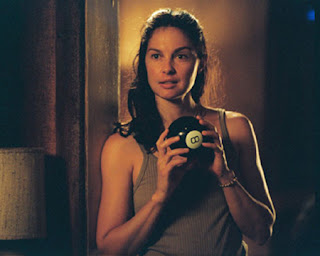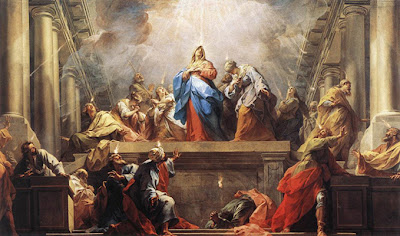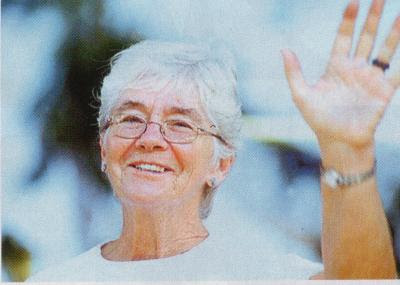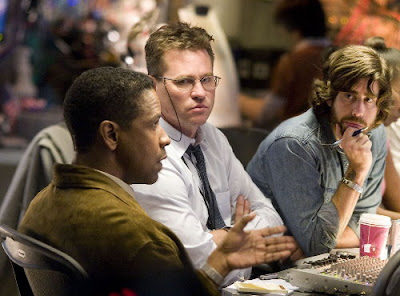William Barry & riders on prayers
*********************************
Once attracted into relationship with God, people are often hindered by certain images of God and by theological theories they have imbibed early in life. One of the most persistent hindrances may be detected in the following situations.
The prayers of the faithful are about to conclude ... the priest gathers all these needs into a final prayer: "God grant us all these needs, but only if it is your will. You know what is best for us."
During a spiritual direction session the director asks the directee what she desires of God. She is non-plussed and replies, "I never think in those terms. God is free and he knows what is best for me."
A person experiences great dryness in prayer; God seems miles away. When he mentions this to his spiritual director, she points out that God sometimes distances himself, that the saints have often spoken of the dark night, etc. So he need not be troubled by the distance; God is sovereignly free and gives his graces as he wishes.
I suspect that many of us have had experiences like these. The basic theological axiom behind them is God's sovereign freedom: God is not bound by anything or anyone outside himself. He cannot be coerced. He freely bestows his grace as he wishes. Since God is also goodness and kindness itself, if he does not grant our requests, it must be because the granting of the request is not good for us or for the person for whom we pray. Hence, many of us do not press our requests or hedge them around with conditional phrases such as those of the priest at the end of the prayers of the faithful. I believe that the theological axiom, true as it is, often is a hindrance to our growth in intimacy with God ......
Let us, for a moment, reflect on how friendships grow in intimacy. The more of ourselves we reveal to another, the more we develop intimacy ..... I let go of some of my defences in order to let others see me as I am. With regard to God, people often say, "There's no reason to tell him how I feel of what I desire because he knows already." What is in question is not God's knowledge but my trust in him, my willingness to be as transparent as I can be before him. Do I want him to see me as I am? ..... ......
In human relationships we often add riders to our requests, but our purpose is to make sure that the other does not feel coerced. Thus, I might want to spend time with a friend; at the same time I do not want him to feel obligated to take the time. I want him to want to be with me. In other words, I'm not sure that my friend is free ..... the truism about God's sovereign freedom should actually lead us to the naked expression of our desires; he cannot be coerced by them. We can ask straight out precisely because he is free.
God cannot be coerced by anyone else. But what if God has bound himself? ..... If we take the Old and New Testaments seriously, God has freely committed himself to intimacy with us, an intimacy of parent to child, of lover to beloved, of friend to friend ..... Moreover, in the gospels Jesus is depicted as assuring us that God wants to answer our requests ..... It may be argued that accounts of Jesus' agony in the garden have him put a rider onto his prayer .... But Mark's gospel has Jesus first ask directly for what he wants: "Abba, Father, everything is possible for you. Take this cup from me." Only then does Jesus add: "Yet not what I will, but what you will." (Mark 14:36) ......
Let us return to the three examples at the beginning. It would seem more trusting and more in keeping with the promises of the gospels for the priest at the conclusion of the prayers of the faithful to remind God of those promises ..... The woman in spiritual direction needs to be helped to recognize that desires are a precondition for a fruitful experience of prayer ..... The person who experienced great dryness in prayer does not need to be told about the dark night. He needs help to express to God how this distance and dryness make him feel and what he wants of God. Whatever coercion God may experience is the coercion he has taken upon himself by freely committing himself to us as a people and as individuals. If he does not want to answer our requests he will let us know that; we need not make excuses for him prior to his decision.
*******************************













